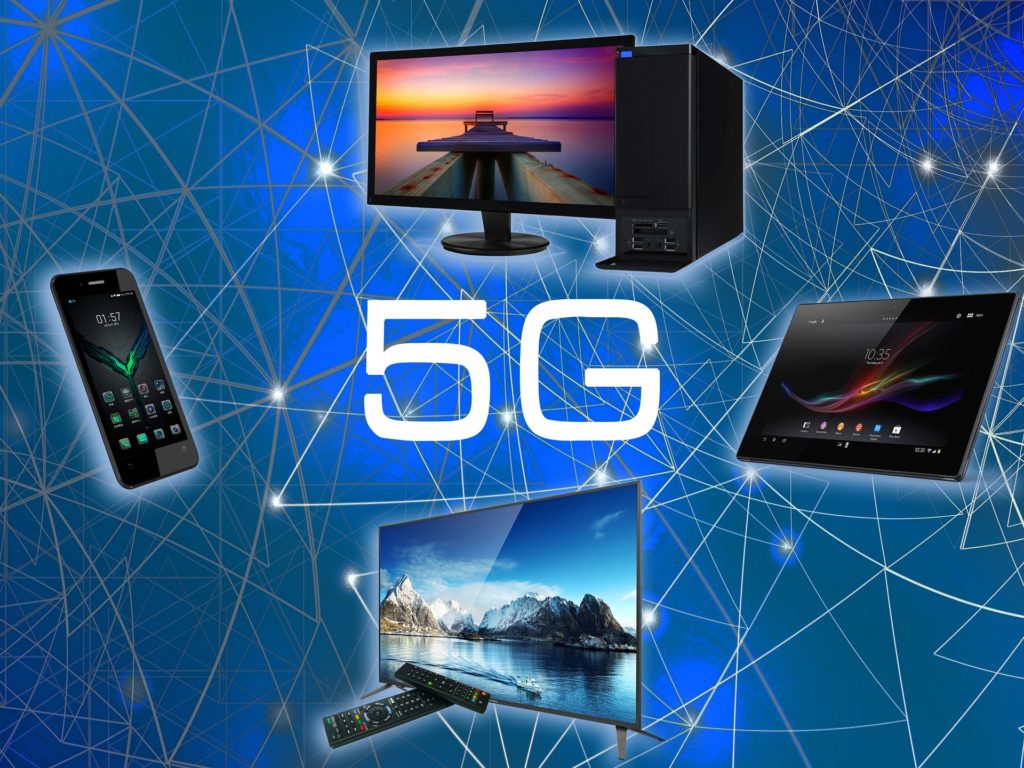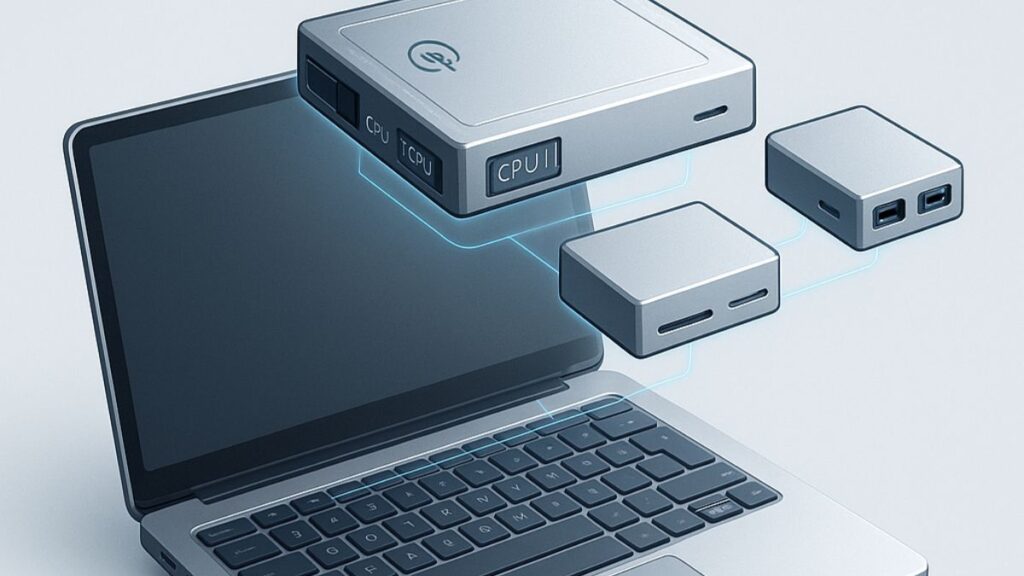A while back, Intel had to exit the 5G modem business, but that doesn’t mean they had to exit the 5G ramp-up (it just means they have to partner with more vendors like Nokia). This continued engagement by Intel is because 5G is going to drive a massive amount of change and with the spread of the Covid-19 virus the requirements to shift workers away from highly dense areas, buildings, and to their homes will put unusual loads on this new network forcing a far higher rate of deployment than not only 4G, which it has already surpassed, but the fast speed that is currently surrounding it.
A good deal of the rollout has little to do with the wireless component and instead will require far smaller remote virtualized data centers that are highly automated to keep costs down, flexible networks that are also virtualized to allow for flexibility as well. And the endpoints, to keep latency and data traffic down, will also become more intelligent, all providing a variety of opportunities for server and component makers like Intel and Nokia.
These skills and capabilities go to the heart of this week’s announcement by the two vendors that they are partnering in a broad effort to bring 5G to market more quickly, and, as noted above, our continued core protection from the Covid-19 virus may depend on our continued ability to access high-speed networks and resources while working from home.
Let’s talk about that this week.
Nokia
Nokia was once the largest cell phone maker in the world, and they almost didn’t make it into the last decade. But they have been working furiously to recover the brand, they have expanded into infrastructure, and they even make some fairly decent smartphones again. It was sad to watch their fall, especially because my favorite phones at the time were Nokia Windows phones, and I still miss those phones for their ease of use and powerful cameras today.
But Nokia is a very different company, evidently learning from the past they have far broader lines, and they have one of the more powerful 5G efforts in the market.
Intel
Intel is also in a recovery mode with new management and a focus on making the company a better partner as well as making it a better place to work. Bob Swan, their new CEO, is making decent progress and the company is becoming a much better partner and already is a far better place to work than it was last year.
Intel needs a 5G showcase, and, with the right partner, they could make a huge dent in the 5G revenue opportunity. Nokia could be that partner.
Intel + Nokia + 5G
The two companies together combine Nokia’s 5G AirScale solution with Intel’s Xeon scalable processor along with Intel’s AirFrame, a cloud data center solution. While Intel largely exited the focused ASIC (Application Specific Integrated Circuit) market, they retain a great deal of competence in this segment and work with Nokia and plan to collaborate on custom ASIC solutions to enhance Nokia’s ReefShark radio portfolio.
Intel will be using its new low-power high-performance Atom 5900 processor that combines compute, connectivity, and accelerated technologies as part of the joint collaborative effort. And, as noted above, Intel will also be using their high-performance high-power Xeon solution for the data center portion of this effort. Jointly they are focused on creating a solution where the architecture is consistent from the cloud to the edge.
Assuming both companies execute, and both have been executing well of late, the combination could have a huge dent in the increasing 5G opportunity.
Wrapping Up
The 5G rollout won’t just be about bringing out newer smartphones. To take advantage of the higher data rates, lower latency, and higher security of this new standard, the market will have to change its’ wireless infrastructure. Nokia and Intel, which are both recovering from prior mistakes, have partnered to make that happen, and with their combined capabilities, they have the potential to make a huge impact on the emerging market opportunity.
- The HP OmniBook X Flip 2-in-1 16-Inch: Your New Digital Swiss Army Knife (Now in Glorious Atmospheric Blue) - June 25, 2025
- The Open AI Avalanche: Why AMD’s Collaborative Spirit Is Outmaneuvering NVIDIA’s Empire - June 22, 2025
- Lenovo Embraces OpenBMC: A Step Towards Greater Transparency and Control in the Data Center - June 17, 2025



